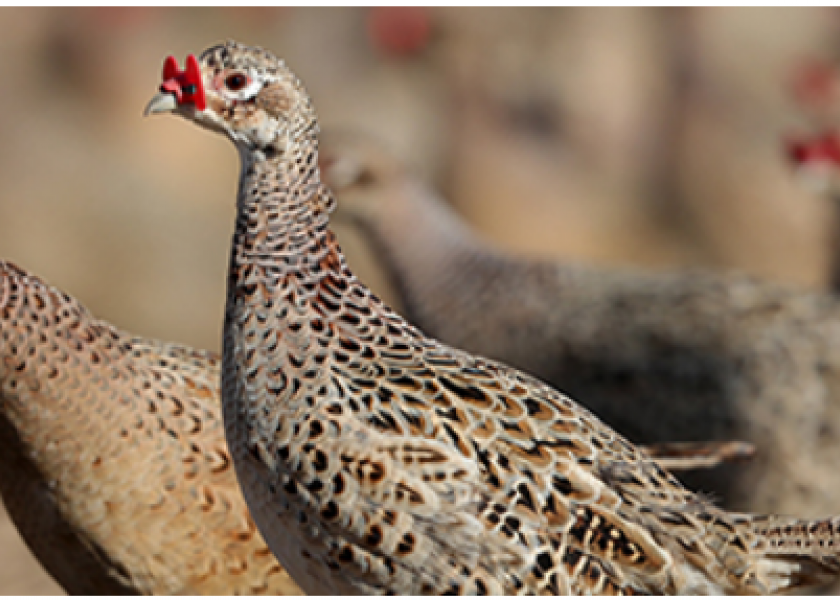24 States Confirm 'Bird Flu' in Poultry. Report Cases to State Veterinarians

Avian influenza has now been confirmed in 24 states, Iowa Secretary of Agriculture, Mike Naig, announced on Tuesday during a discussion on AgriTalk with Chip Flory, host.
In Iowa, Naig says the flu has been confirmed in 12 commercial flocks and two backyard flocks, totaling nearly 13.3 million birds in that state alone.
“Unfortunately, we’ll continue making news here because additional cases (will be announced in the next couple of days),” Naig says.
The bulk of cases this spring are being caused by migratory wild birds that are enroute to their nesting and living areas. Ducks, geese and shorebirds spread the disease as they move through an area.
“We’re waiting for birds to move northward and carry the virus out of here,” Naig says.
USDA officials are in Iowa and other states, working with state veterinarians and poultry producers to contain the virus. “USDA is working with us, supporting us, and we appreciate that,” Naig says.
According to the U.S. Centers for Disease Control and Prevention, the recent flu detections do not present an immediate public health concern. No human cases of the avian influenza viruses have been detected in the United States.
Different From 2015
The 2022 source of infection differs from 2015, when the bulk of the disease outbreaks occurred between farms. The 2015 outbreak of avian flu marked the largest animal disease outbreak in U.S. history.
Naig says he is hopeful that the improvement in biosecurity standards U.S. producers have in place now will prevent this year’s outbreak from surpassing 2015.
“I give producers a lot of credit, because we aren’t seeing the disease move laterally from farm to farm like last time,” he says.
However, because this year's avian flu got an early start in March, as opposed to April in 2015, Naig is concerned cases will continue to mount.
Take Proactive Measures
While you cannot prevent wild birds from dropping feces on your property, Naig says to take precautions that you don’t carry feces on the bottoms of boots and shoes across pastures and into buildings or other enclosures.
“To prevent the spread – regardless of whether you only have a few laying hens or are a large producer taking care of birds – it’s all about biosecurity,” he says.
Signs of an infection can include birds that are off feed, not drinking water or laying eggs that are misshapen.
Naig asks bird owners and veterinarians to report sick or unusual bird deaths to state veterinarians. Another option is to contact state or federal officials by calling the APHIS toll-free number at 1-866-536-7593







